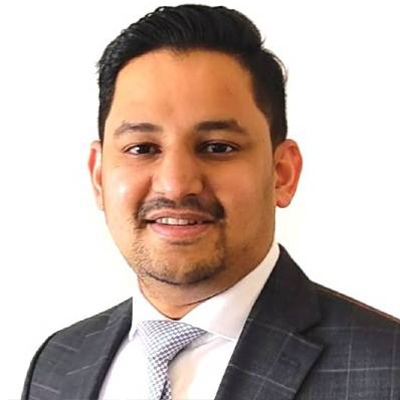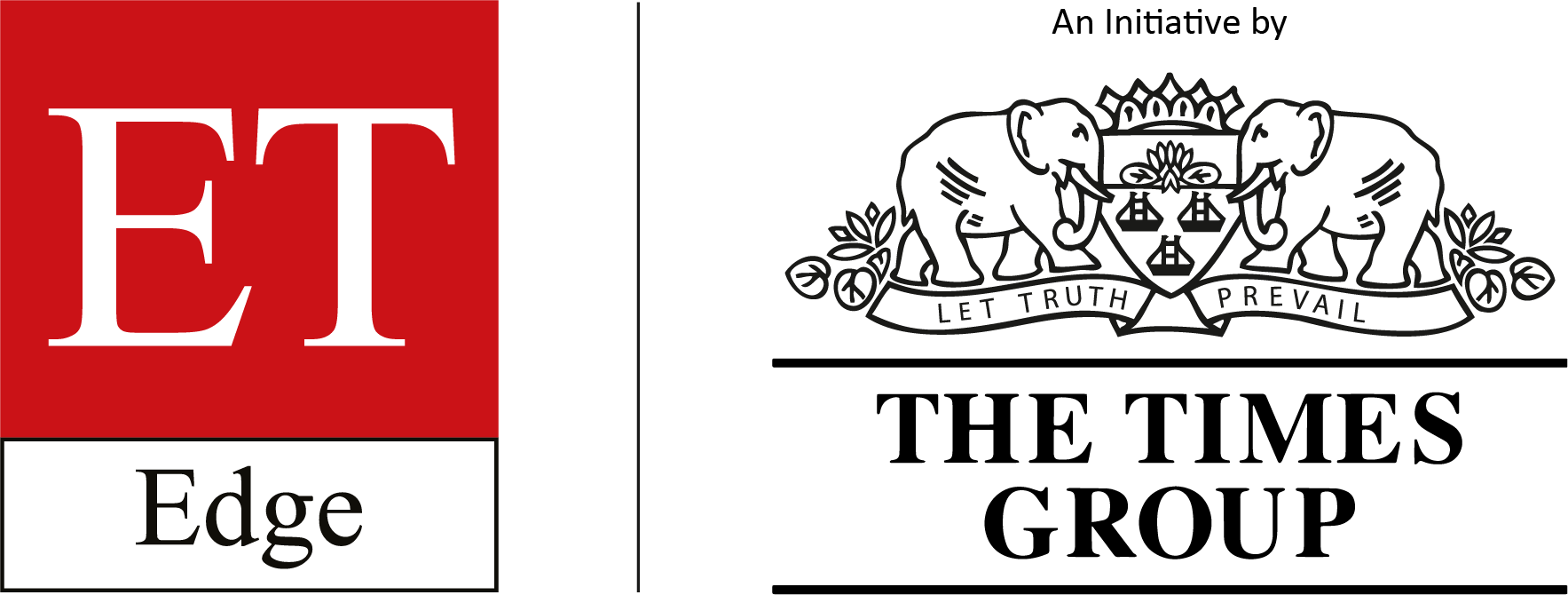
Fazil Abdul Rahiman
VP Sustainability and Climate Change
TAQA
Fazil Abdul Rahiman has extensive work experience in sustainability and climate change. Fazil is currently serving as the Group Vice President of Sustainability and Climate Change Strategy at TAQA Group. Prior to this, they worked as an Advisor for Net Zero and Carbon Abatement at the Dubai Supreme Council of Energy. Fazil has also held positions at PwC Middle East and EY, where they served as an Associate Director and Senior Manager. In addition, they worked as a Sustainability Advisor at Dubai Tourism and as a Project Manager for Sustainability and Climate Change at the Dubai Carbon Centre of Excellence. Fazil’s earlier experiences include roles at Masdar, Falcon Electromechanical and Contracting Co., and Travancore Cochin Chemicals Ltd. Overall, Fazil has a diverse background in sustainability and has held various leadership positions in the field.
Fazil Abdul Rahiman has an education history that spans from high school to advanced degrees. In 1999, they attended the Indian Islahi Islamic School, where they completed their high school education and focused on mathematics. After completing high school, they enrolled at Mahatma Gandhi University from 2004 to 2008, where they obtained a bachelor’s degree in electrical and Electronics Engineering.
In 2011, Fazil pursued further studies and attended Khalifa University, where they obtained a Master of Science degree in Electrical Power Engineering between 2011 and 2013. Continuing their education, Fazil attended The London School of Economics and Political Science (LSE) in 2023 to study Managerial Finance, although no degree was specified for this period.
Alongside their formal education, Fazil has also obtained several certifications. Fazil received the Project Management Professional (PMP) certification from the Project Management Institute in January 2013. Fazil is also a Certified Energy Manager, having obtained this certification from the Association of Energy Engineers in June 2016. Additionally, they completed a Leading Teams: Building Effective Team Cultures certification program from the University of Illinois at Urbana-Champaign in July 2016.
Fazil has acquired various additional certifications, including a Certified Measurement and Verification Professional certification from the Association of Energy Engineers in February 2019. Furthermore, they completed a statistics summer school program from the International Energy Agency, a PRINCE2™ Foundation Certificate in Project Management from AXELOS Global Best Practice, a Leading Teams: Developing as a Leader program from the University of Illinois at Urbana-Champaign, and a Lead Verifier on GHG Accounting (ISO 14064:2006) program from Bureau Veritas.
In terms of other achievements, Fazil undertook a Smart Grid Master Class program from The Powerful Solutions in October 2012 and received a Climate Change and Aviation certification from the International Air Transport Association (IATA) in September 2015. Additionally, they earned a Solar PV Expert certification from DEWA in 2015.
Besides their formal education and certifications, Fazil also completed an Implementing and Managing Microsoft Exchange Server 2003 program from Microsoft, although specific dates were not provided.
